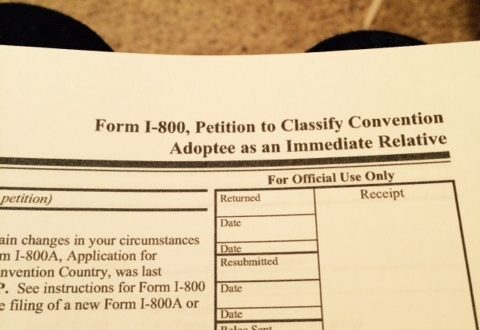Listening and Doing.
v. 19-21 “My dear brothers and sisters, take note of this: Everyone should be quick to listen, slow to speak and slow to become angry because human anger does not produce the righteousness that God desires. Therefore, get rid of all moral filth and the evil that is so prevalent and humbly accept the word planted in you, which can save you.”
I sometimes wonder how different the world would be if we were all quick to listen, slow to speak, and slow to get angry. I truly believe we would be more compassionate, have more empathy, get to the real root of issues, offer love, and build trust. Instead of creating the wrong narrative in our head and assuming the worst, we would strive to understand another’s perspective, feel their pain, be quick to forgive, and hopefully lend a hand. Instead, we live in a world where we let our rage and anger produce division (Proverbs 29:2) through revenge, bitterness, resentment, unforgiveness, guilt, shame, and the list goes on. It’s a never-ending cycle.
Psalm 103:8 points out that God is slow to anger. If we’re slow to anger, we’re reflecting the nature of God. Several scriptures, especially in Proverbs, mention how wise we are if we are slow to anger because anger produces strife and all kinds of evil. In verse 21 it clearly states that it takes humbleness to do the right thing, which is to accept what God’s word says. It’s already planted in us and His Word alone can save us but it’s not what our flesh desires. We want to be right, we want to get back, we are driven to react in a way that’s not pleasing to God, but if we can just humble ourselves to accept what we know in our heart is right – God’s word, it’ll save us. The definition of humble is having a low estimate of one’s own importance. Jesus modeled it for us when he humbled himself to the point of the cross. (Philippians 2:8)
v. 22-25 “Do not merely listen to the word, and so deceive yourselves. Do what it says. Anyone who listens to the word but does not do what it says is like someone who looks at his face in a mirror and, after looking at himself, goes away and immediately forgets what he looks like. But whoever looks intently into the perfect law that gives freedom, and continues in it—not forgetting what they have heard, but doing it—they will be blessed in what they do.”
I do a lot of verse 22. I listen to the Word and at times it’s because I want to check the box that I spent time reading the Word and praying. There are plenty of times I walk away and go about my day, not remembering what I read that morning or not putting it into practice. The verse says that I’m deceiving myself. The Bible doesn’t give us freedom if we just read it. Freedom comes from applying the Word. Allowing the Word to penetrate our hearts, constantly reminding ourselves of it so we live by it.
v. 26-27 “Those who consider themselves religious and yet do not keep a tight rein on their tongues deceive themselves, and their religion is worthless. Religion that God our Father accepts as pure and faultless is this: to look after orphans and widows in their distress and to keep oneself from being polluted by the world.”
There’s another deception people face, those that aren’t careful with what they say but believe they are religious (insert “Christian”). This could mean a ton of different things. In the Bible, God addresses lying lips (Prov 12:22), unwholesome speech (Eph 4:29), gossiping (Prov 26:20), and harsh words (Prov 15:1) – just to name a few! Guarding our tongue is so important. In Proverbs 18:21, it says that the tongue has the power of life and death. It can bring about healing, wisdom, and encouragement.
In addition to our tongue, it says that pure religion is to look after orphans and widows and to keep ourselves from being polluted by the world. At first glance, those things don’t seem to go hand in hand. Quite a few verses in this last post are focused on the tongue – we learned to be slow to speak and to keep a tight rein on our tongues. Now it talks about taking care of those in need, especially those that don’t have others to fight for them. I believe this is another way to re-iterate God’s commands to 1. Love God 2. Love others as ourselves (Mark 12:30-31). As Christ-followers, our love for God is not complete in words and time spent with him but it is fulfilled in how we care for others. The second command is a natural overflow of the first. I would go as far as to say it’s impossible to love God fully (body, mind, and soul) and not love others because God is love.
Questions to Consider:
- What keeps us from being humble? How can we posture our hearts to always walk in humility?
- How can we practically keep God’s Word in front of us as a reminder throughout the day?
- What are steps we can take in guarding our tongue?
- How are we caring for those in our society?



